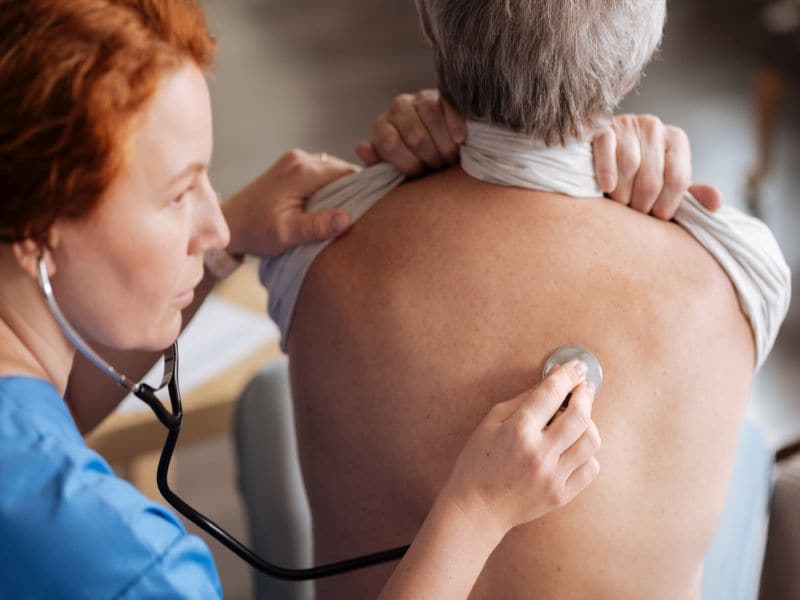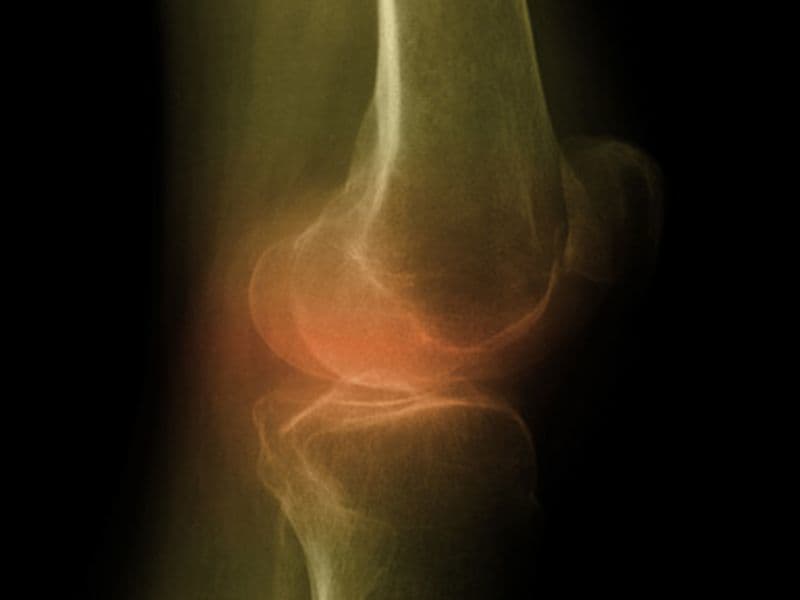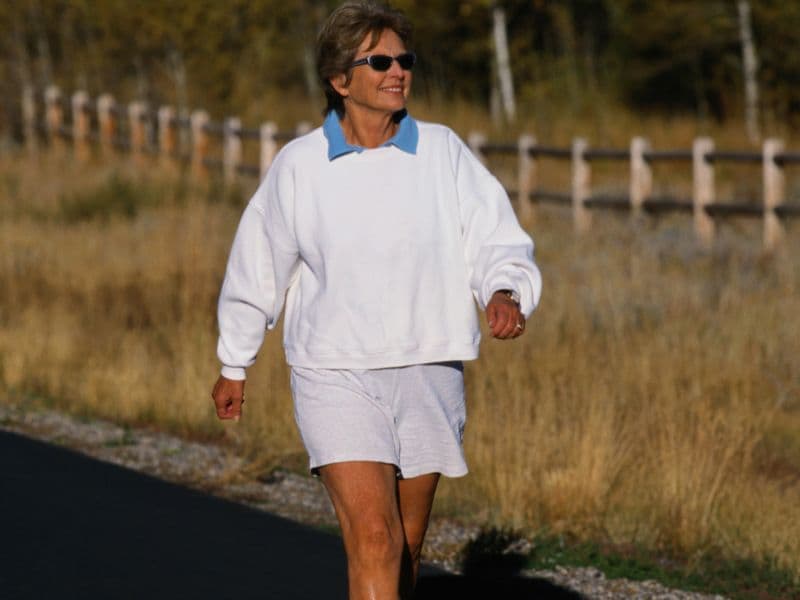
THURSDAY, Oct. 25, 2018Anxiety, depression and panic attacks are sending U.S. college students to mental health clinics in record numbers, a new study finds. Between 2009 and 2015, treatment and diagnoses of anxiety increased by nearly 6 percent among these students, followed by depression and panic attacks, which each increased about 3 percent. Anxiety is… read on >






























